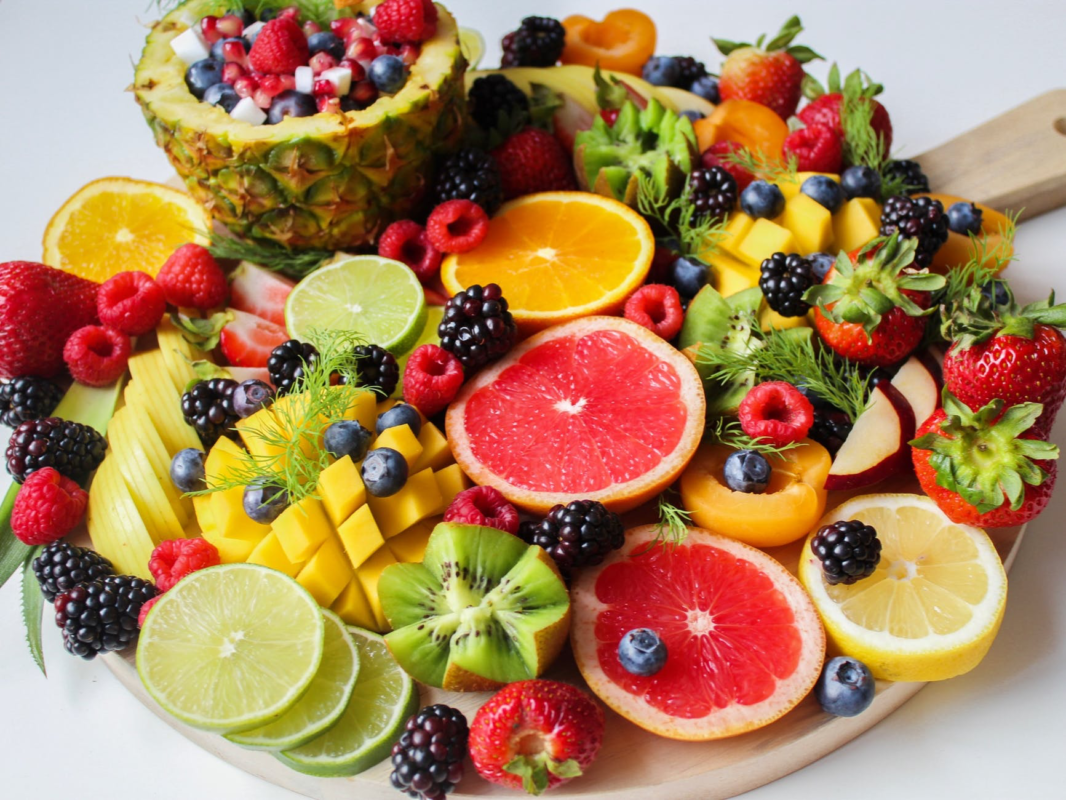What is an antioxidant?
In terms of nutrition, a dietary antioxidant is a food that helps us to stay healthy and age appropriately. How do they do this? Antioxidants inhibit oxidation. Oxidation is something that contributes to not only general aging, but also several different disease processes as well. But, let’s not forget that oxidation is always happening in our body. Oxidation is a natural byproduct of exercise, digestion, excessive sun exposure, alcohol, cigarette smoke, infections, environmental pollutants, etc.
5 main categories of antioxidants:
Vitamin C
Vitamin A
Vitamin E
Carotenoids
Phenols
Vitamin C
-Good sources: (raw) Red pepper, citrus fruits, leafy greens, berries
-Very heat sensitive so only present in raw or very lightly cooked plants
-Water-soluble
Vitamin A
-Good sources: Animal liver and cod liver oil; dark green, yellow, orange, or coral-colored plants (kale, collard greens, carrots, squash, mangos, oranges, goji berries, apricots, watermelon)
-Can come in the form of retinol from animal sources, or can be synthesized from beta-carotene from plants
-Fat-soluble
Vitamin E
-Good sources: Nuts, seeds, whole grains, leafy greens
-Includes eight different compounds: four tocopherols (alpha, beta, delta, gamma) and four tocotrienols (alpha, beta, delta, gamma)
-Fat-soluble
Carotenoids
-Good sources: Dark leafy greens, spirulina, tomatoes, guava, goji berries, salmon, squash, carrots, sweet potatoes
-Includes a number of compounds: alpha-carotene, astaxanthin, beta-carotene, canthaxanthin, lutein, lycopene, zeaxanthin
Phenols
-Good sources: Green tea, black tea, cocoa, red wine, berries, herbs / spices (turmeric, clove, oregano), vegetables, coffee, olives, extra virgin olive oil.
-Phenols, sometimes referred to as phenolic compounds, are a class of chemicals produced by plants. Although they are not considered essential nutrients, they do benefit health due to their antioxidant properties.

